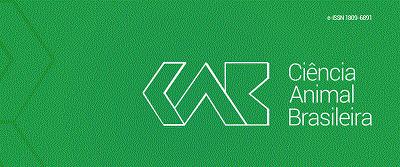Abstract
The objectives were to determine the effects of restricted-feeding strategies on blood concentrations of hormones, metabolites, and minerals in Holstein × Zebu finishing steers. Twenty steers (body weight = 319 ± 16.2 kg; age = 19 ± 1 months) were randomly allotted in 4 groups of 5 steers, which were restricted to 85% ad libitum feed intake for either 0 (R0; n = 5), 28 (R28; n = 5), 42 (R42; n = 5) or 84 (R84; n = 5) days of an 84-d finishing period. Steers were individually housed and considered the experimental unit. Blood samples were collected on d 0, 21, 42, 63, and 84, and were assayed for insulin-like growth factor 1 (IGF-1), thyroid hormones (T3 and T4), albumin, creatinine, urea, total protein, glucose, triglycerides, calcium, and phosphorus. Steers had increasing IGF-1 concentrations until d 42 when restricted-fed. Steers fed R84 had the greatest IGF-1 concentrations on d 84. Urea concentrations were greatest in steers fed R0 and least in steers fed R28; steers fed R42 and R84 were intermediate and not different from one another. Concentrations of IGF-1, urea, albumin, and calcium, but not T3, T4, glucose, triglycerides, creatinine, total protein, and phosphorus were affected by restricted-feeding strategies in Holstein × Zebu finishing steers.
Keywords:
Crossbred Cattle; Mineral Balance; Restricted Intake

 Thumbnail
Thumbnail
 Thumbnail
Thumbnail
 Thumbnail
Thumbnail


